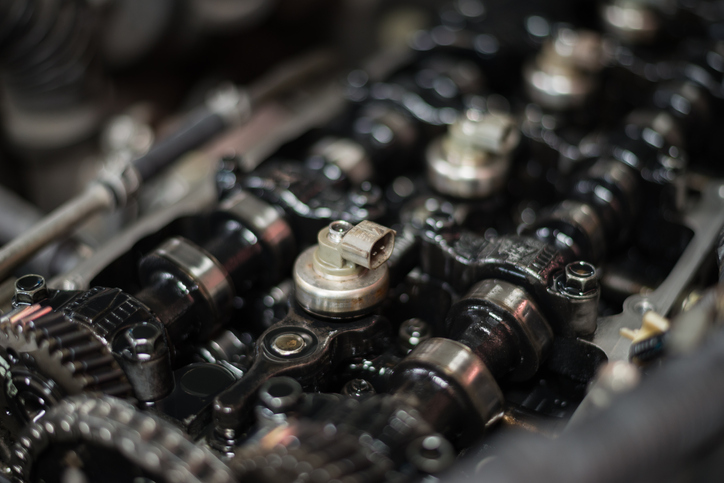 There are many factors that impact the function of your diesel fuel injection system. While it is often overlooked, diesel fuel quality is one of them. If you are not putting low quality fuel into your vehicle, it could be detrimental to your car’s overall function. From the LLY injector balance rates to injection timing, the whole system can get thrown off. Use this guide to learn just how the fuel you pump into your vehicle changes the way your car runs.
There are many factors that impact the function of your diesel fuel injection system. While it is often overlooked, diesel fuel quality is one of them. If you are not putting low quality fuel into your vehicle, it could be detrimental to your car’s overall function. From the LLY injector balance rates to injection timing, the whole system can get thrown off. Use this guide to learn just how the fuel you pump into your vehicle changes the way your car runs.
What Causes Fuel To Go Bad?
-
- Debris: Especially in lower grade fuels, debris may be floating around. When this gets into your injection system, it can easily clog and scratch up your nozzles.
-
- Rust: Through the fuel production process, rust can also get into the fuel. Just like other types of debris, this can line your system and plug the system’s nozzles.
- Temperature: As with most liquids, fuel has an ideal temperature point. And when diesel fuel is kept above 86 degrees Fahrenheit, its life drops between six and 12 months.
How Can I Tell If My Fuel Is Bad?
-
- Smoke: When your vehicle is producing excessive dark smoke, it is a sign that your diesel fuel injectors are clogged up with bad fuel. Be sure to have them cleaned as soon as possible and check the rest of the system as well.
-
- Low RPM: When your nozzles are clogged with fuel, the right amount of fuel is not getting to your engine. This can reduce power and slow down your RPMs.
-
- Cloudy Fuel: Sometimes, you may actually be able to spot bad fuel by simply looking at it. If you notice that debris are floating around or it has a hazy appearance, it is likely not the best fuel to be putting in your car.
- Foul Smells: You might actually notice a strong fuel odor or a different “off” smell. This may mean that your engine is working too hard or fuel is leaking from the nozzles.
If you notice any of the above problems, be sure to get your vehicle to a professional as soon as possible. Every detail, such as LLY injector balance rates, depends on the function of the system as a whole. And of course, talk to your mechanic or manufacturer about what fuel grade is best for your car. This will help you choose quality fuel every time and avoid these issues.


Leave A Comment